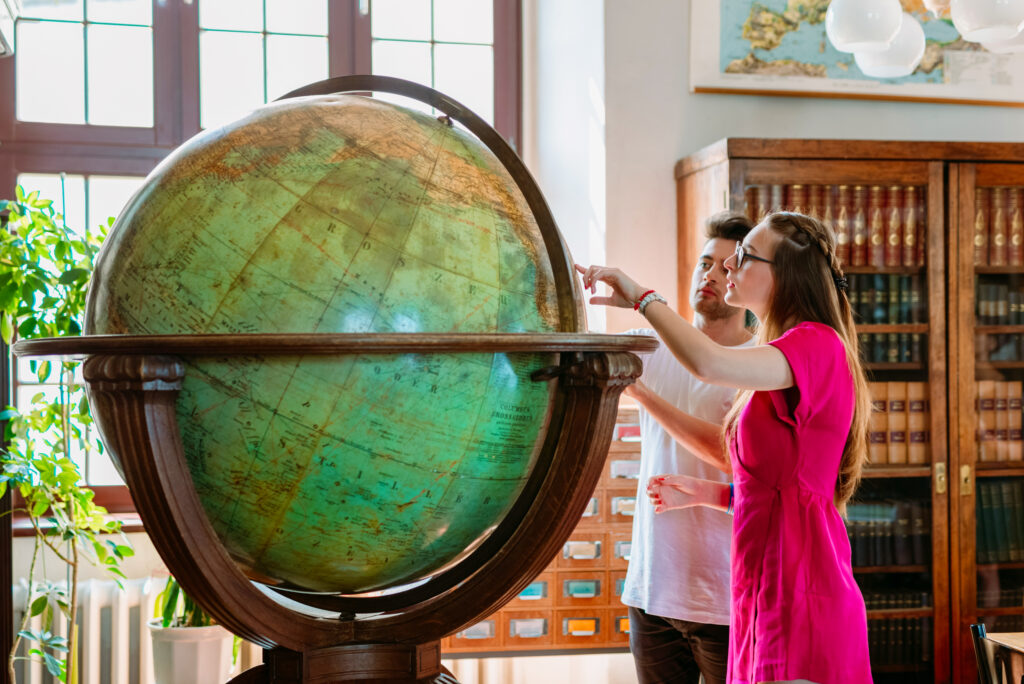
May 12th – dr Agnieszka Adamska-Gallant – Sprawiedliwość czasu wojny – wyzwanie nie tylko dla Ukrainy
When the full-scale Russian invasion on Ukraine began on 24 February 2022, much of what followed seemed impossible. Few predicted that Ukraine would be strong and determined enough in its fight to stop Russia, and that the supposedly second strongest army in the world would turn out to be weak and extremely brutal. A year ago, the key question was whether Ukraine would survive. Now the question is what will happen if Russia collapses. Initially, successive reports on war crimes and crimes against humanity being committed were received with disbelief, and Ukraine’s demands for a special international(-ized) tribunal to judge them were dismissed. Today, this idea is gaining wider support.
For a long time no one believed that Putin could be indicted for war crimes. While it still seems unrealistic that he will be brought to trial, the first important step has been taken. In March 2023, the International Criminal Court issued arrest warrants for Putin and Russian Ombudswoman for Children Maria Alekseevna Lvova-Belova on reasonable grounds indicating that each is responsible for war crimes involving the unlawful transfer of civilians from occupied territories of Ukraine to the Russian Federation.
However, the main burden of prosecuting and trying war crimes committed in Ukraine rests with the judiciary. The challenges faced by investigators, prosecutors and judges are unique. It is not only the number of victims, the scale of the crimes and the enormity of the destruction resulting from Russian aggression, but also the unprecedented amount of evidence that needs to be analyzed. The war in Ukraine is perhaps the best documented war in history. There is also the public expectation of severe punishment, regardless of the circumstances. At the same time, Ukrainian judges must remain impartial and independent, no matter how personally affected by the hostilities.
Therefore, during the seminar, Anna Adamska – Gallant tried to answer a number of questions. How can justice be served for the crimes committed? What role can international justice play? Is it possible to bring the perpetrators of all crimes to justice? What does the experience of other countries facing similar challenges can teach us?
Anna Adamska – Gallant is a lawyer with extensive professional experience, including in international humanitarian law. She worked 17 years as a judge, including almost 6 years as an international judge in Kosovo, where she heard war crimes cases, also as a judge of the Supreme Court. In 2019, she was admitted to the bar. She specializes in criminal law and human rights.
Since 2018, she has been involved in establishing an independent judiciary and the strengthening of the rule of law in Ukraine as a key international expert of EU Pravo Justice Ukraine – the largest EU project supporting reforms in the country. In 2021, she was appointed by President Zelyensky to the council of experts on the judicial reform.
In 2022, she obtained her PhD in law at the University of Wroclaw, where she defended with distinction her dissertation on the topic of vulnerable witnesses.
